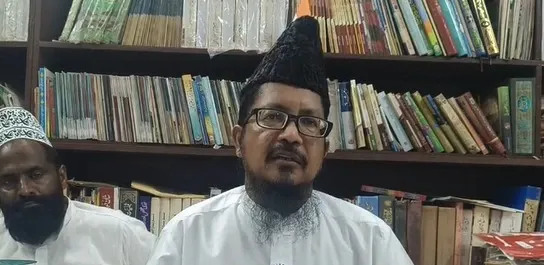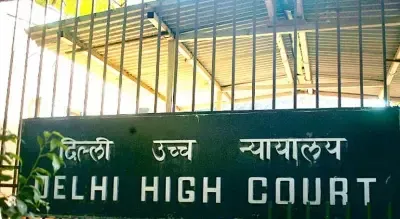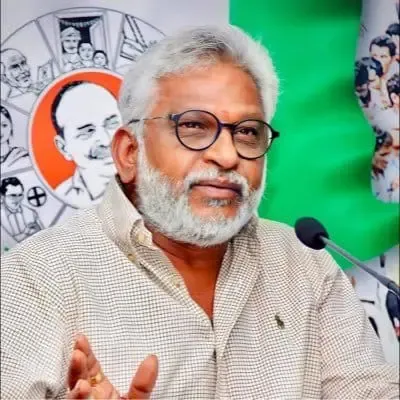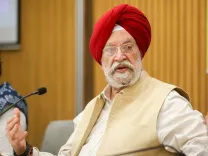Will the Passage of Eight Bills, Including the Anti-Conversion Law, Resolve Issues?

Synopsis
Key Takeaways
- Uttarakhand Assembly passed eight Bills, including the controversial anti-conversion Bill.
- Criticism from Muslim leaders highlights concerns over community treatment.
- Calls for equitable justice among all religions continue to rise.
- The anti-conversion Bill introduces strict penalties and bans on digital propaganda.
- Political implications and community unity remain at the forefront of discussions.
Dehra Dun, Aug 20 (NationPress) The Uttarakhand Assembly successfully passed eight legislative Bills, including the highly contentious anti-conversion Bill, the Uttarakhand Minority Educational Institutions Bill, 2025, and a vote-on-account amounting to Rs 5,315 crore. This session, characterized by numerous adjournments, has attracted significant backlash from Muslim religious leaders.
While the Congress party expressed concerns over the declining law and order situation, Muslim leaders highlighted that such legislative actions would not address the core issues. They underscored the importance of equitable treatment for all communities and justice across every faith.
In an interview with IANS, Mufti Maulana Danish Qadri stated: "It is crucial to comprehend the essence of religious conversion. Currently, individuals converting to Hinduism are met with respect. However, when a Hindu, Sikh, or Christian wishes to convert to Islam voluntarily, what is the issue? If any individual—be it a Muslim or a Hindu—is coerced into conversion, that is unequivocally wrong."
He continued, "Religion should be a matter of personal choice. Any forced conversion should incur equal penalties, regardless of the community involved. This appears more as political maneuvering than adherence to principles. Embracing any faith must remain an individual's decision."
Maulana Shahabuddin Razvi echoed similar sentiments, stating, "Chief Minister Pushkar Singh Dhami has introduced a series of laws, starting with the UCC, then dissolving the Madrasa Board, followed by the Minority Educational Institutions Bill, and now the anti-conversion Bill. However, these measures will not resolve the issues at hand. Genuine justice will emerge only when all religions are treated equitably. Hindus and Muslims should be regarded as equals without creating divisions along religious lines."
He further warned that fostering division could lead to enduring repercussions. "People will remember the spread of hatred and division among communities. It is preferable for leaders to commit to ensuring fairness and unity."
On August 14, the Uttarakhand Cabinet approved amendments to the anti-conversion law, enhancing its severity with provisions that include penalties of up to life imprisonment and substantial fines.
The Uttarakhand Freedom of Religion (Amendment) Bill-2025 was ratified during the state cabinet meeting led by Chief Minister Dhami. The Bill stipulates strict penalties for unlawful religious conversion, along with measures such as a prohibition on propaganda via digital media and victim protection.









